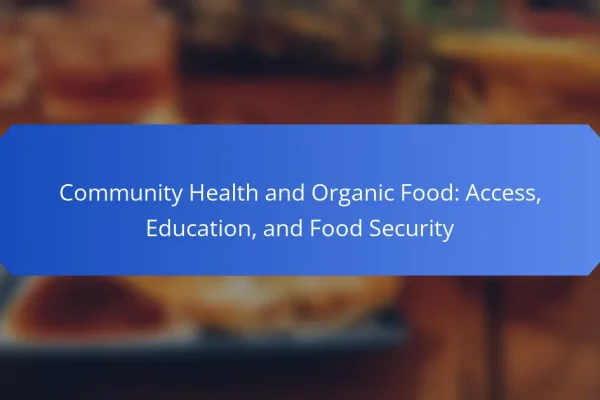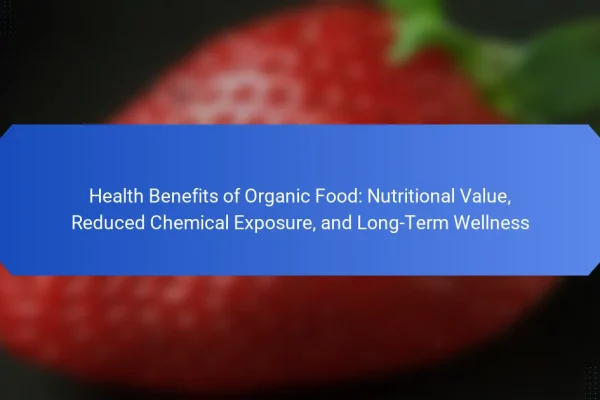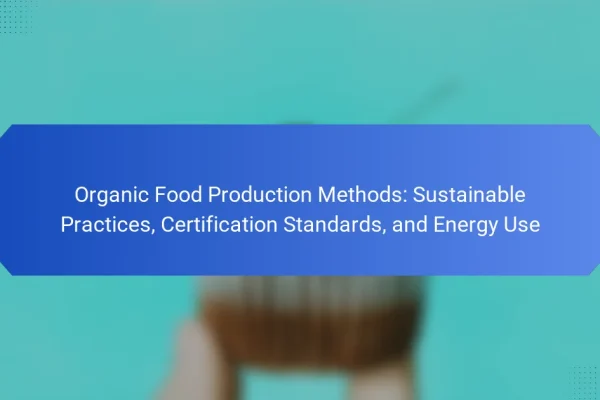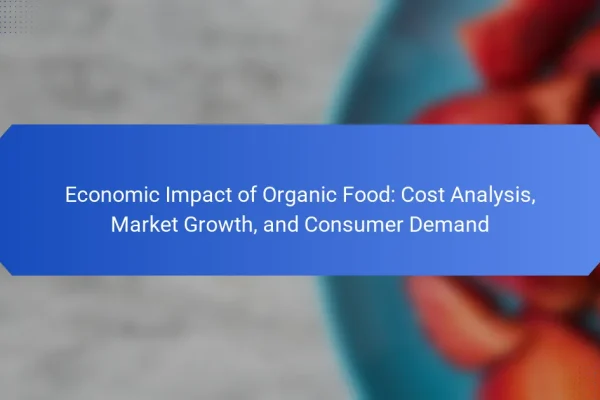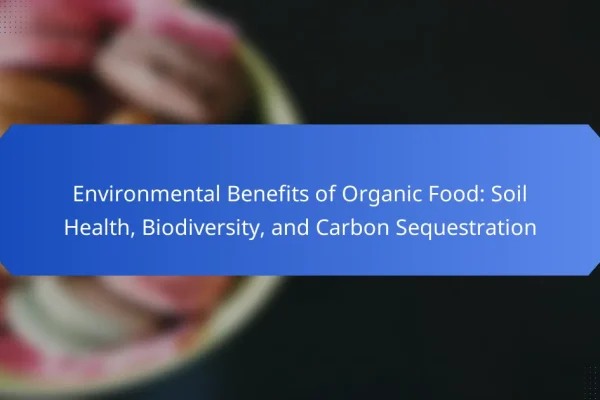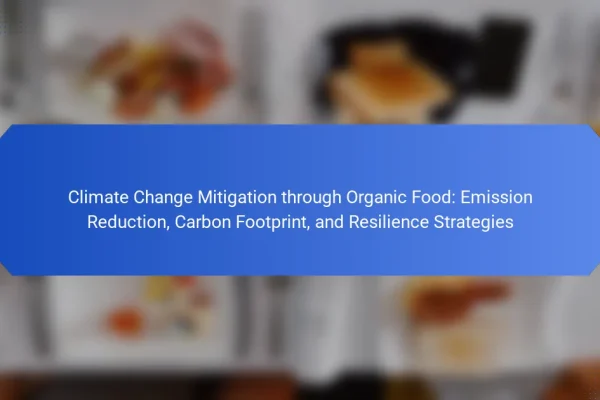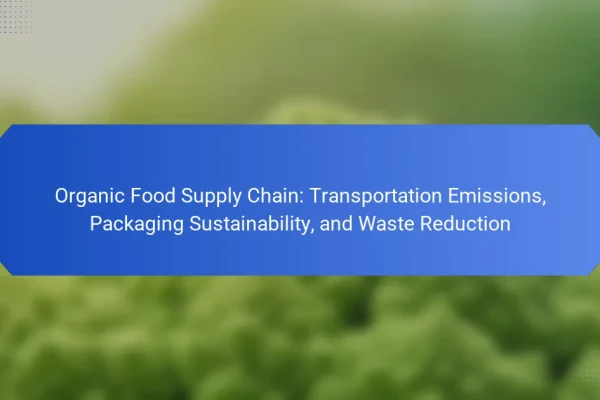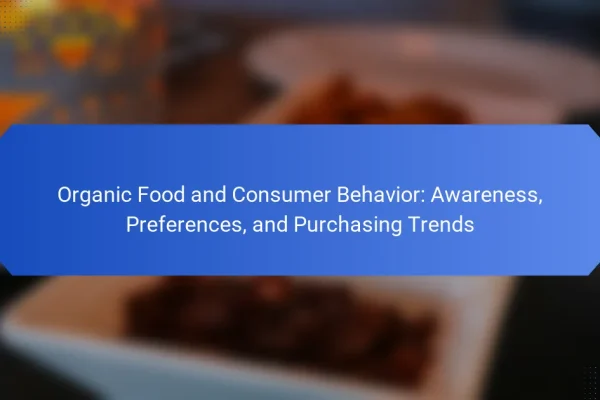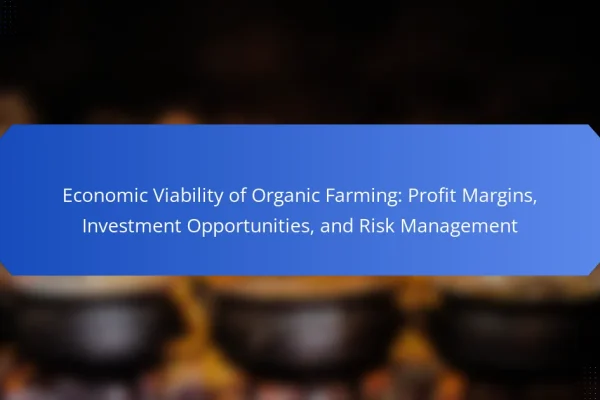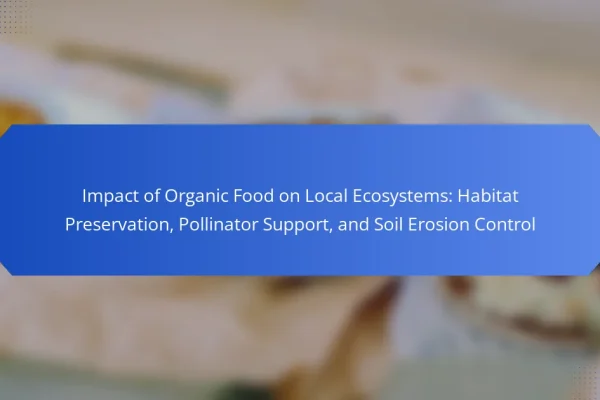
Impact of Organic Food on Local Ecosystems: Habitat Preservation, Pollinator Support, and Soil Erosion Control
Organic food plays a significant role in enhancing local ecosystems through various sustainable farming practices. These practices promote biodiversity by using natural fertilizers and composting, which improve soil health and support a diverse range of microorganisms and insects. The increased biodiversity is essential for sustaining pollinator populations, vital for crop production, while minimizing pesticide use…
